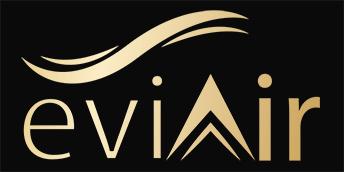The private jet travel boom that emerged during the Covid-19 pandemic has begun to wane as the world starts to recover from the pandemic. While private aviation was once seen as a luxury, it became a necessity for many as commercial travel came to a halt. However, as the world begins to return to normal, the private jet industry is facing a number of challenges.
One of the key issues for private jet operators is the high cost of fuel. As the price of oil has risen, so have the costs of operating private jets. This has put pressure on jet operators to find ways to reduce costs and increase efficiency. The use of Sustainable Aviation Fuels (SAF) has emerged as a solution, as it is a cleaner and more environmentally friendly alternative to traditional jet fuel. However, the take-up of SAF in the private jet space is still relatively low and it has yet to become a widespread solution for the industry.
Another challenge for private jet operators is the changing customer demographic. Before the pandemic, private jet travel was seen as a luxury for the wealthy. However, during the pandemic, many people turned to private jets as a way to avoid crowded airports and long security lines. This has led to a more diverse customer base, with more people from all walks of life now traveling by private jet. As a result, operators are now facing a new set of customer expectations and needs, which they need to adapt to.
One of the ways that operators are adapting to these changes is by investing in more fuel-efficient planes. With the high cost of fuel, operators are looking for ways to reduce their fuel consumption and increase their efficiency. Some operators are investing in new, fuel-efficient aircraft, while others are retrofitting their existing fleet.
The use of electric planes is also being researched and developed but still not fully operational and commercialized yet. Electric planes have the potential to significantly reduce fuel consumption and emissions, making them a more environmentally friendly option. However, the technology is still in its early stages, and it will likely be some time before electric planes become a viable option for the private jet industry.
As the private jet industry continues to recover from the impact of the pandemic, operators will need to adapt to the changing customer demographic and find ways to reduce costs and increase efficiency. The use of SAF and electric planes may become more urgent as the industry looks for ways to reduce fuel consumption and emissions. However, it will take time for these technologies to become widespread and for the industry to fully adopt them.
In terms of customer habits, it has changed during the pandemic, as many people have become more focused on safety and are more willing to pay more for it. As a result, private jet operators are now facing increased pressure to provide a safe and clean environment for their customers, which is an additional cost for the operators.
In conclusion, the private jet travel boom that emerged during the Covid-19 pandemic is beginning to wane
